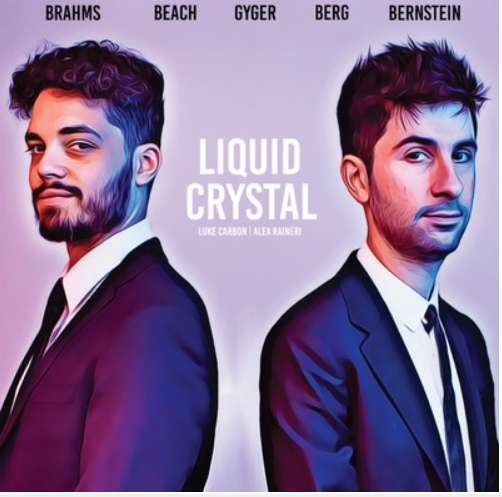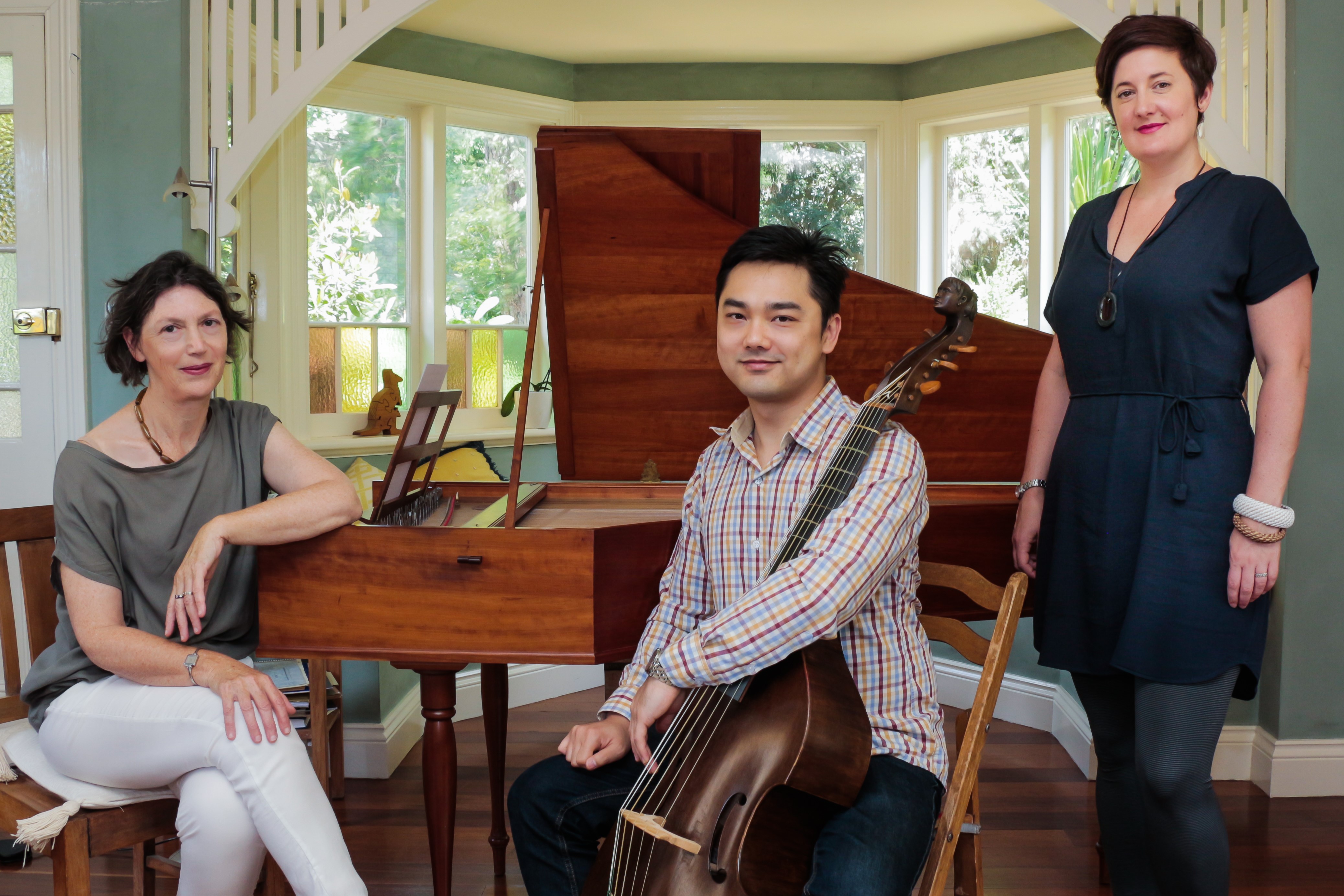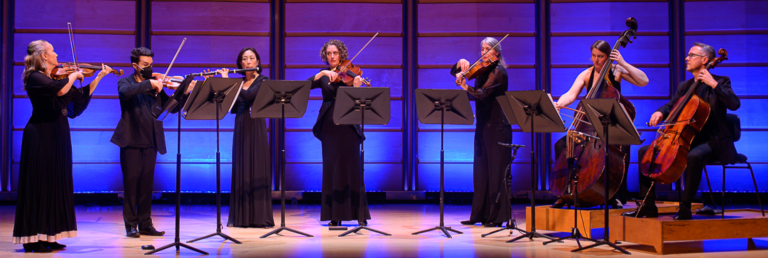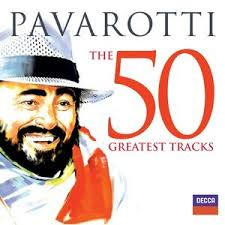Album Review: Liquid Crystal/ Carbon And Raineri
Liquid Crystal
Luke Carbon/ Alex Raineri
Move Records MCD 615
Liquid Crystal, a new CD release on the Move label, packs a lot of punch into just 1 hour of music. It features Melbourne-based clarinetist Luke Carbon with pianist Alex Raineri, performing an appealing program of music, comprising mostly bespoke pieces for clarinet and piano (Brahms, Berg, Bernstein and Gyger), with one piece by Amy Beach for violin and piano which Carbon has transcribed for clarinet and piano. Carbon and Raineri explore these pieces from the Romantic to the Modern, showcasing both traditional and newer aesthetics along with the rich tapestry of colours, tones phrasing and dynamics intrinsic to both the clarinet and the piano.
Brahms’ love affair with the clarinet is evident in the excitement of his writing in the two opus 120 sonatas for clarinet and piano of which the no 1 is on this recording. Inspired by the prowess of Richard Mühlfeld, principal clarinettist of the Meiningen Orchestra, Brahms himself was the pianist in the premieres of these sonatas by Mühlfeld. Brahms would have been very familiar with the rich possibilities afforded by the Romantic era piano which matched Brahms’ exploration of the full range of the clarinet and its tonal possibilities, ably explored by Carbon. Although the piano makes the first move with its brief introduction, Carbon and Raineri are equal partners with as much virtuosity demanded of the pianist as of the clarinetist. The graceful first movement has a stormy middle section returning to the subject and concluding in a coda that is expertly sustained and expressive as per Brahms’ instructions. The second movement, Andante un poco adagio, is played with limpid beauty. The third movement Allegro grazioso is bright and rhythmically reminiscent of a rambunctious Austrian ländler with the clarinet in a 3/4 feel, pitted against the piano in 6/8. The final Vivace is sprightly, its triplet rhythms adding to the complex textures.
Berg’s Four pieces for Clarinet and piano, opus 5 were dedicated to the Society for Private Musical Performances in Vienna and to its founder and president, Arnold Schönberg. Acknowledged as “miniatures” and composed in 1913 (though premiering in 1919), this small-scale style drew criticism from Schönberg himself. No Matter. The art of the miniature is that it narrates larger stories with fewer words and the duo give full vent to the many changes in tempo, the extreme dynamic range, articulation devices and shifts in mood of the Vier Stücke. Carbon introduces a cheeky motif in the first movement, Mäßig, moving later to a fluttered descending passage, the movement fading away into nothing. The second movement, Sehr langsam is taken very slowly with distinctive cross rhythms and excellent dynamic contrast. The contrast continues in the various tempi of the skittish third movement, Sehr rasch and finally, Langsam, where Carbon’s slow fluttering is mirrored by trills in the piano and its cross rhythms against Raineri’s piano line blur the metre, creating a long and languid aria for the soloist.
Amy Beach’s Romance for Violin and Piano, Op. 23 relives the intensity of Berg’s music with mellow, passionate, swoon-worthy stanzas. The piece transfers well to Carbon’s arrangement for the clarinet.
Bernstein’s Sonata for Clarinet and Piano, his only sonata for a wind instrument, is a piece with two dramatically different movements which embrace the aesthetics of the New World, with its sweeping phrases, brashness and jazzy idioms. Carbon and Raineri play the first movement, Grazioso with sustained lyricism and deftly accomplish the complex time changes and tempi of the second movement. As the pianist Brahms premiered his sonata with Mühlfeld, a 23-year-old Bernstein was the pianist at the premiere of this sonata performed by David Glazer on clarinet at the Institute of Modern Art in Boston.
The CD closes with the pieces from which it takes its title, Elliot Gyger’s Liquid Crystal, for which the composer won the 1990 2MBS-FM Young Composers’ Competition.
Liquid Crystal is a demanding and complex flurry of notes vividly illustrating what cascading liquid crystal might be like in sound. Comprising 12 shorter sections played continuously, the composer notes that “The twelve sections of the piece are arranged in a cycle of ever-increasing tension.” Carbon and Raineri affirm with their partnership, Gyger’s observation that “the two instruments are treated very much on equal terms, with neither predominating.” Described as lasting 12 minutes on the composer’s manuscript, Carbon and Raineri clock in at under 11 minutes in a time-defying and technically audacious performance.
Liquid Crystal is good listening as well as being a snapshot of two gifted artists. Students of the clarinet and piano would also find inspiration in this repertoire and performance.
Shamistha de Soysa for SoundsLikeSydney







